Holidays, despite their joy and festivity, can be a stressful time for everyone. However, they can be an especially stressful time if you are in the process of eating disorder recovery.
Enjoying festive food and drinks and eating together are central parts of most holidays, and so if eating is stressful for you already then it makes sense that the holidays will be an especially challenging time for you.
I remember struggling so much with Thanksgiving and Christmas especially.
If you have routines and rules around food and feel anxious when you break them then this pressure to enjoy food and eat with others more than is typical may feel overwhelming.
As much as we might wish it to be so, an eating disorder is not something that we can just will to go away for a few days, as much as we might wish we could.
Moreover, you may want to challenge yourself during the holidays because you may want to be able to enjoy the special foods your friends and family prepare. You may want to push yourself with food when you can, and the holidays are such an opportunity for this.
Below are some tips and tools to help you get through the holidays if you are in the process of eating disorder recovery. I hope they will help you to find a balance that feels good to you between gently pushing yourself while not overwhelming yourself, and that they will give you some tools to help you manage your stress and anxiety so that you can enjoy the holiday season as much as possible.
Tip 1: Create An Eating & Coping Plan
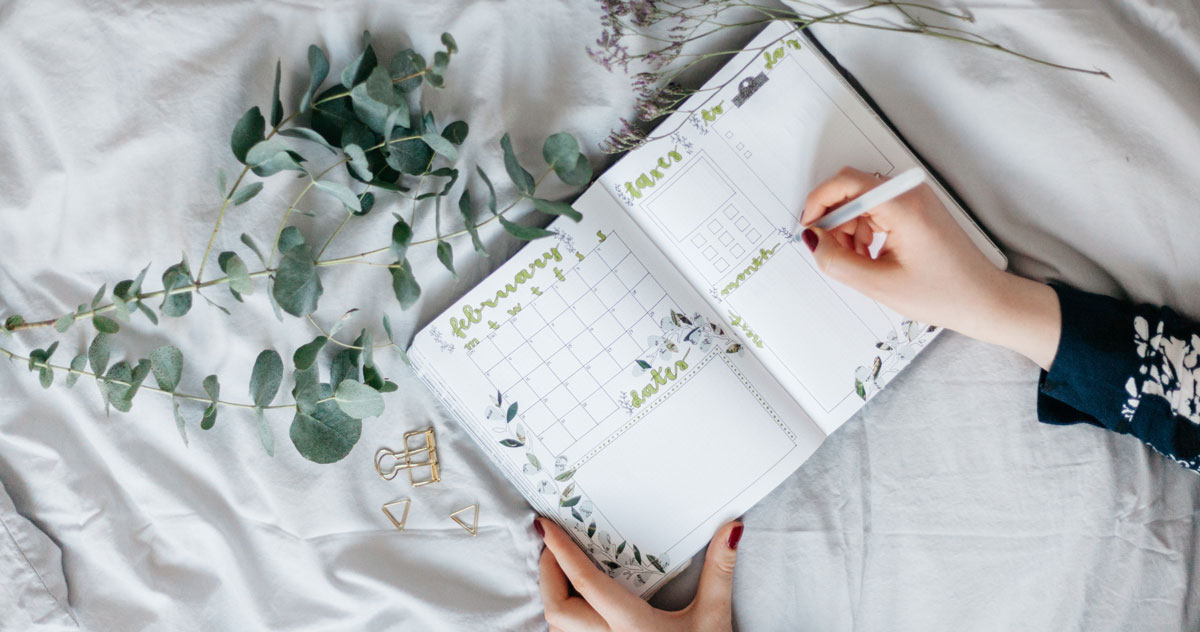
If you have treatment team members such as a therapist, dietitian or recovery coach, you could discuss with them ahead of time how you can work holiday foods into your meal plan or into manageable goals that gently challenge you.
Discuss with them your fears about the foods that will be present, and ways that you can incorporate these foods in manageable and gently challenging ways while not compensating by restricting at your other meals and snacks.
You could discuss with them ways to cope with the fear and anxiety that will likely come up, and ideas for who you could reach out to for support. I will discuss these ideas later on as well.
You could practice role playing challenging situations you anticipate having to face with your team members or another support person in your life. You could role play talking back to your eating disorder thoughts from your healthy self, where you play your healthy self and your team member or support person plays your eating disorder self. You could also role play how you could respond, either out loud or in your mind, to different triggering comments you anticipate hearing such as comments about others' diets, their weight loss or weight gain, or about how much or little you’re eating or how much weight you’ve lost or gained.
Instead of role playing with someone else, you could also journal dialogues between your eating disorder self and your healthy self to prepare yourself for managing eating disorder thoughts you anticipate having, as well as journaling possible responses you could say aloud or in your mind to comments from others you anticipate getting.
If you don’t have a treatment team, you could create this eating and coping plan on your own or with a support person in your life.
Tip 2: Set Challenging, But Not Overwhelming, Goals

All-or-nothing thinking can be very common during eating disorder recovery, and this might make challenging yourself in a manageable way during the holidays more difficult.
You might expect yourself to be able to eat completely freely during the holidays, wanting to look or feel like you don’t have an eating disorder at all. However, unless you are really ready for this, this may be expecting too much of yourself and may cause you to feel overwhelmed with anxiety.
On the flip side of this, you might expect yourself to to eat no more than you normally would when you actually could manage to challenge yourself a little bit.
All-or-nothing thinking, which is so common, might make it difficult to challenge yourself in a way that feels good to you - somewhere between giving in to the eating disorder completely and playing it completely safe or else setting goals that are too high and don’t respect where you are in your recovery journey.
Try thinking of where you are currently with your relationship with food and, given this, what would be a challenge that feels a bit scary but also a bit exciting and not too overwhelming?
If you have a treatment team, or a support person in your life who knows what you are going through, you could brainstorm this with them as well.
Setting manageable (gently challenging but not overwhelming) goals ahead of time can help you to feel more prepared and confident when you around food and at meals during the holidays.
Tip 3: Practice Self-compassion And Gentleness When Things Don’t Go According To Plan

The holidays can be hectic and your mindset, mood and anxiety will likely shift constantly, and so perhaps you will eat more than you had planned for or you won’t be able to challenge yourself as much as you had hoped you could.
Do your best to have understanding and compassion for yourself, reminding yourself of how stressful the holidays can be and how you are truly doing your best, and how things not going according to plan is often the rule, not the exception.
If anxiety is very high, this might be a good time to reach out to your support person if you have one or to practice some of the coping strategies listed below.
Tip 4: Create A List Of Motivating, Inspiring Words To Keep With You
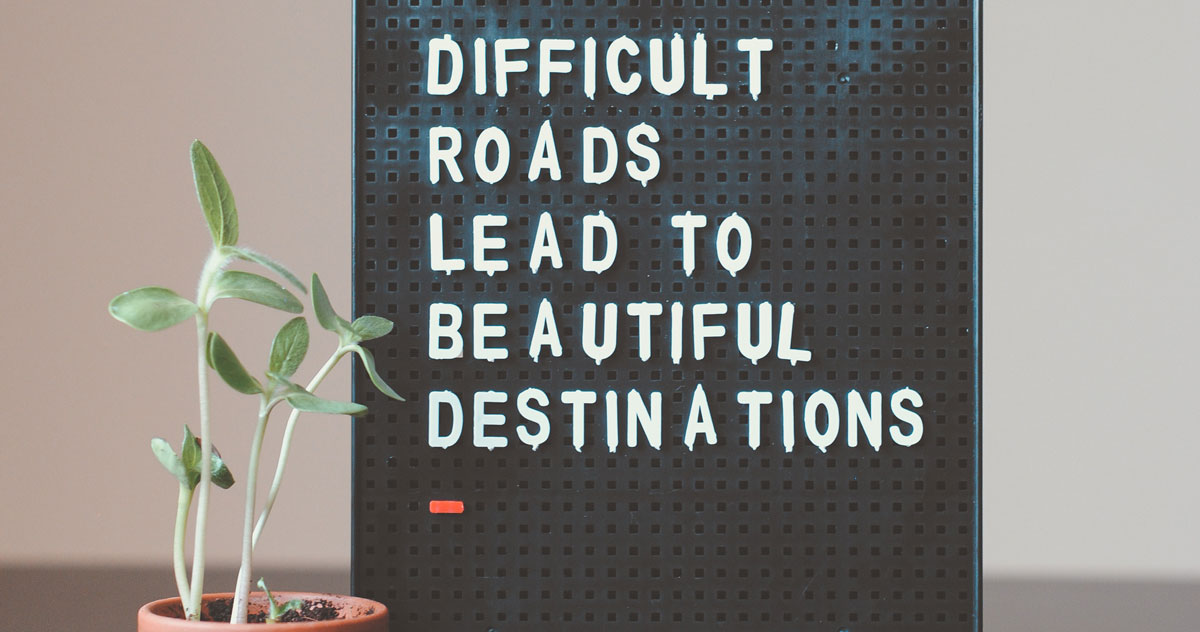
Before the holidays begin, try creating a list of quotes or inspiring words that mean something to you, that resonate with you, and that remind you of why you’re challenging yourself as much as you’ve decided to.
These can be quotes you find by others, but it can be powerful if they are words you write yourself, from the part of you that wants to get better written to the part of you that is scared to get better and who will likely be scared and anxious during the holidays.
Find or write one or two, or a list of them, and keep them where you can read them as needed for comfort and support during the holidays. A piece of paper in your pocket or a list on your phone can work well.
Read these words over when you are feeling anxious, scared, discouraged, or at any moment at all, to connect again with the part of yourself who wants to recover, who believes in you, and who wants to use the holiday season as an opportunity to challenge the eating disorder in a gentle, manageable way.
You can also read it over if things have not gone according to plan, as discussed above, in order to soothe and comfort yourself.
Tip 5: Practice Breathing Exercises To Soothe And Ground Yourself

When you are feeling anxious or overwhelmed before and during the holidays, focusing on taking slowed, deep breaths can help calm and ground your body and your racing mind.
You could use the breathing exercise described below, find another one you prefer, or if you have a therapist they may be able to suggest one for you. There are many variations.
Try doing it, whether alone or with others if it feels possible, when you notice yourself feeling anxious, overwhelmed, or at any time when you feel that an exercise to calm your system would be beneficial.
After you do it and feel more calm, this could also be a good time to read or recite one of your quotes to yourself.
The breathing exercise that I like and use with myself and with clients is called Anti-Anxiety Breathing, taken from the 8 Keys to Recovery from an Eating Disorder Workbook by Carolyn Costin and Gwen Schubert Grabb. The steps for it are:
- "Sit in a quiet, comfortable place where you can spend a few undisturbed minutes.
- Close your eyes, settle yourself into a comfortable sitting position, and pay attention to your breathing. Notice that you are paying attention to your life force.
- Count how long it takes you to inhale, and then try to extend your exhale two counts longer. For example, if you count to six while inhaling, you would count to eight while exhaling."
- Do this for a few minutes. If you get distracted and lose count don't worry, this is so normal. Just resume each time as best as you can.
- If you are around others but are still able to focus on your breath, you could still do the counting in and out while standing or walking if this feels possible, and without closing your eyes. You could also just focus on taking slower breaths without counting.
For additional grounding exercises and self-compassion practices that you can do on your own, as well as ones that are perfect for social settings such as the holidays, I've put together this blog post here.
Tip 6: Visualize Challenges Ahead Of Time

It's amazing how powerful our minds are.
The power of visualization for helping us to prepare for things, whether it is sports, mastering an instrument, or eating a fear food has always amazed me.
Visualization can be extremely useful during the recovery journey, helping you to prepare for challenges ahead of time and making it easier for you when you actually do them.
To use visualization for recovery challenges, follow the steps below as outlined in the 8 Keys to Recovery from an Eating Disorder Workbook by Carolyn Costin and Gwen Schubert Grabb.
Do each session in a quiet setting and as many times as you’re able to before the actual challenging event. If you’re working with a therapist, dietitian or recovery coach, they might be able to guide you through one as well.
- Make sure you have uninterrupted time and space so that you can fully visualize the whole experience - what you are wearing, what your surroundings are, the smell and taste of the food etc., walking yourself through the steps of the challenge.
- Practice some breathing exercises until you feel more calm. You can use the breathing exercise mentioned above, or any other you know of that you like.
- Close your eyes, or leave them open if that feels more comfortable, and begin to imagine the challenging scenario in detail. Imagine what you are wearing, what your surroundings are and who you’re with, what the food in front of you looks and smells like. Put yourself there as much as you can.
- Now, gradually begin walking yourself through the challenge in as much detail as you can. See yourself eating the fear food, or trying a larger portion, or eating with others, or whatever the challenge is that you’re preparing for.
- When eating disorder thoughts come up, practice countering them from the wise, healthy part of yourself who wants to get better, or with what you would say to a friend.
- If you feel too anxious at any point, open your eyes and come out of the visualization. Practice your breathing exercise again, say one of your soothing quotes to yourself, and talk to yourself from that wise, inner healthy part of yourself or with what you would say to comfort someone else. Then, see if you feel ready to resume the visualization. If not you can come back to it at another time or have one of your treatment team members guide you through it.
- Try repeating this as many times as you can, even once a day if you’re able to, before the challenging event. You can also rotate between visualizations of different challenging events on different days if you want to prepare for different ones. If this feels like too much though, just focus on the upcoming challenges that you think will be the most difficult for you.
Tip 7: Reach Out To Someone

Having someone who you can turn to for support during the holidays can make such a difference.
Whether they are with you in person, or are someone who you can text, this can be such a comfort during the holidays.
If they know you are in recovery and you are comfortable doing this, you could talk to them ahead of time about some struggles you anticipate having and how they can best support you.
If they don’t know that you’re in recovery, and if you don’t have anyone who knows what you’re going through who could be a good support for you, reaching out to them anyways just to connect or for distraction can still be extremely helpful. You could just let them know you’re having a hard time and felt like reaching out, or simply ask them how they’re doing, or whatever feels best and most helpful for you.
If you have a treatment team, this is a wonderful thing to discuss and plan for with them ahead of time - deciding who would be a good support person for you and how you can best use them.
Tip 8: Surround Yourself With A Supportive Online Community

The holidays can be a time when diet and weight discussions are especially present since food becomes such a focus and since you will be around people you might not always be around.
If you find yourself feeling surrounded by talk of food and weight and it feels triggering or distressing for you, do what you can to be around individuals who are supportive of your recovery and whose conversations don’t distress or trigger you. If these individuals are not able to be there in person, creating an online community can be extremely helpful.
Your online community might be made up of individuals passionate about body diversity and body positivity, Health At Every Size, Intuitive Eating and anti-diet culture, sharing about their own recovery journeys, or anything else that feels supportive and healing for you.
Having their content available to you anytime you log in to your preferred social media apps can be a wonderful way to feel inspired and less alone amidst the diet and weight talk that can be so prevalent during the holidays.
In addition, un-following any accounts that make you feel bad about yourself or that you find triggering in any way can also be extremely helpful if you feel up for doing this.
In addition, if you feel comfortable saying something to those around you to set a boundary about what is discussed when you're present, Jennifer Rollin MSW, LCSW-C has a wonderful article with practical tips on how to do this here.
For some ideas of inspiring and supportive Instagram accounts and Facebook groups you might want to follow you can also explore my Resource Page here.
Tip 9: Take Time-Outs

Plan for ways that you can take time-outs as needed during the holidays.
Try to take these as needed when you’re feeling especially anxious, overwhelmed, or when know you could just use a quiet moment to yourself.
This might look like spending some time in your room alone if you can, going for a quiet walk by yourself or with others who you feel comfortable around, or simply taking a bathroom break if you’re feeling especially anxious or overwhelmed and aren’t able to create a quiet space for yourself in any other way at that moment.
Think ahead of time of some tools you could use to soothe and ground yourself during your alone time. If you have a treatment team, you could discuss ideas with them as well.
Some ideas could be:
- Doing a breathing exercise, whether the one mentioned above or another you like, until you feel your body and thoughts start to calm.
- Once you feel more calm, you could refer to your quotes list and repeat them to yourself, reconnecting to the part of yourself who wrote them.
- You could try dialoguing in your head, or in your journal if you’re able to, between your eating disorder thoughts and your inner, wise, healthy self thoughts.
- Do your best to practice self-compassion and to be gentle with yourself for how hard the holidays can be. You can read more about self-compassion during eating disorder recovery in my blog post here. You can also learn a beautiful self-compassion practice that you can use in challenging moments here.
- If you have a support person in your life who you can reach out to, you could text them or spend time with them as mentioned above.
Final Thoughts
The holidays can be a wonderful time to spend with friends and family, to connect with what we're grateful for, to enjoy time off of school or work, and to enjoy traditions.
However, when you are in recovery from an eating disorder I also know how stressful and overwhelming they can be.
Wherever you are in your recovery journey, holidays and the festive meals they involve can add extra stress to the already existing daily stress of managing food, weight, and so much more during the recovery process.
I hope that the above tools and tips will provide you with some added guidance and support for your holiday season.
Wishing you so much warmth, joy and self-kindness this Thanksgiving,

Support For Your Journey
If you feel you could use more support on your eating disorder recovery journey I would love to connect with you. Contact me to book a free video discovery call so that we can explore if working together would be a good fit. I would love to hear from you.


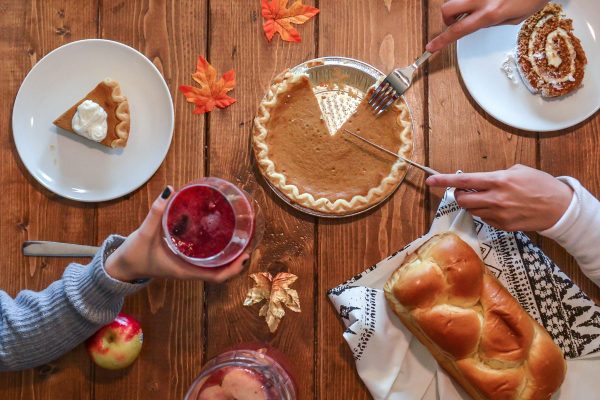
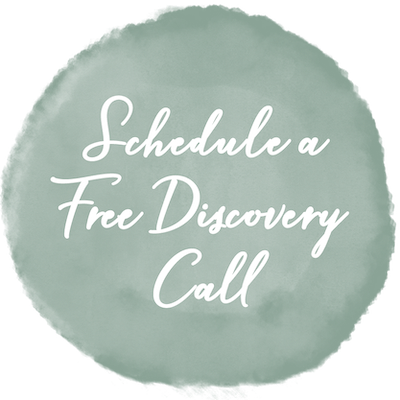






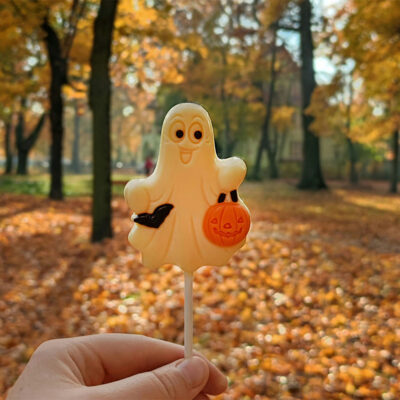

Mark Murphy
I really appreciate your tip on how you can challenge yourself during the holidays by eating the special foods that your family has prepared for you. My wife and I have been thinking of getting a new house, and we are concerned that the stress of the move has put some pressure on our daughter. I will be sure to tell my wife that we should try and avoid letting our daughter miss out on the foods if she develops an eating disorder!
Sarah
Thank you Mark! I’m so glad you found the post helpful. I wish you all the best with your possible move and with supporting your daughter.
Kelvin
Thank you for the excellent article